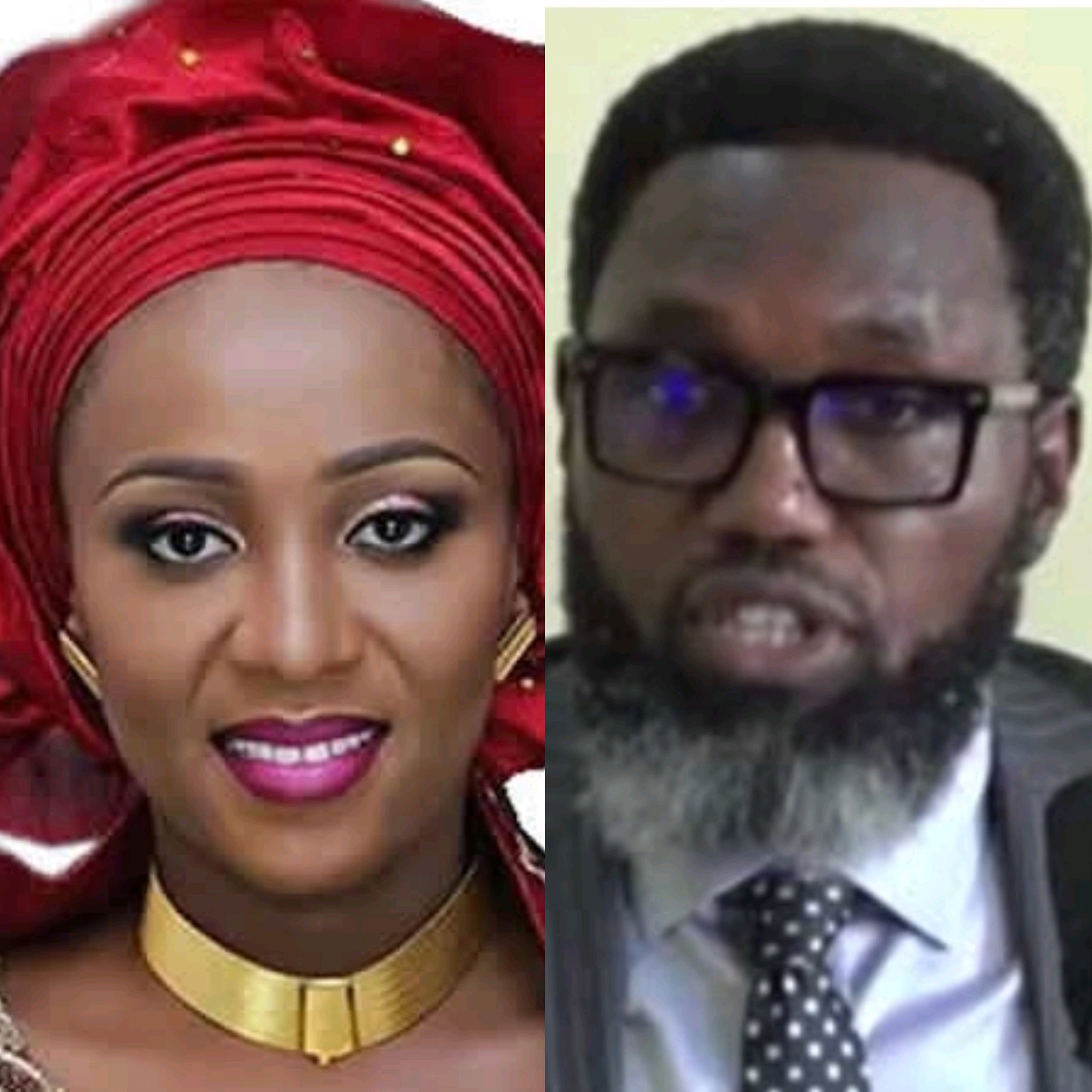Maxwell Opara, legal representative for detained Indigenous People of Biafra (IPOB) leader Nnamdi Kanu has cited the case of Maryam Sanda as evidence of what he describes as inconsistent application of presidential pardons in Nigeria.
Speaking during an interview on Arise News 4:28, Opara highlighted the circumstances surrounding Sanda’s pardon. “Now, Maryam Sanda, her own matter is still pending at the Supreme Court, the president did not even ask the lady, go and withdraw your Appeal at the Supreme Court before I will consider you,” he stated.
The lawyer’s comments reference the controversial 2024 presidential pardon granted to Sanda, who had been convicted of killing her husband. Despite having an active appeal before the Supreme Court, she received clemency without being required to withdraw her legal challenge.
Opara’s statement shows what he perceives as a double standard in how presidential powers are exercised. While Sanda received a pardon even with pending appeals, Kanu remains in detention despite multiple court rulings in his favor, including a Court of Appeal decision discharging him.
The comparison raises questions about the criteria used for granting presidential pardons and whether political considerations influence such decisions. Legal experts note that while pardons are discretionary executive powers, their application should demonstrate consistency and fairness to maintain public confidence in the justice system.
Sanda’s case had attracted significant public attention due to its circumstances and the subsequent death sentence handed down by the trial court. Her pardon sparked debate about justice, clemency and the factors that influence presidential decisions on such matters.
Kanu’s supporters argue that if individuals with active criminal convictions can receive pardons, someone whom courts have ordered released should not remain incarcerated. The federal government, however, maintains that Kanu’s case involves national security concerns requiring different considerations. See, More, Here>>>
Explore More News By Using The Button Above.

